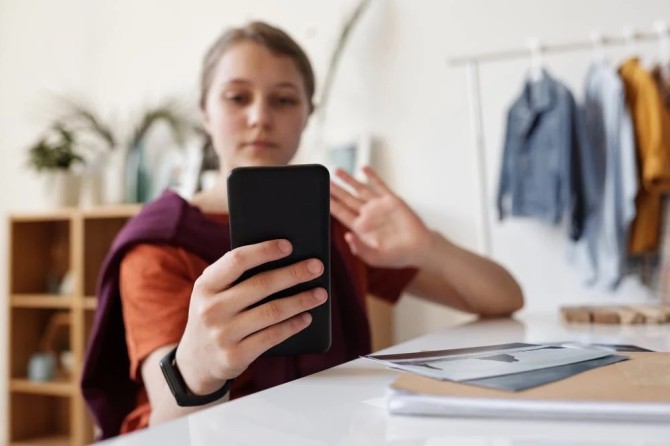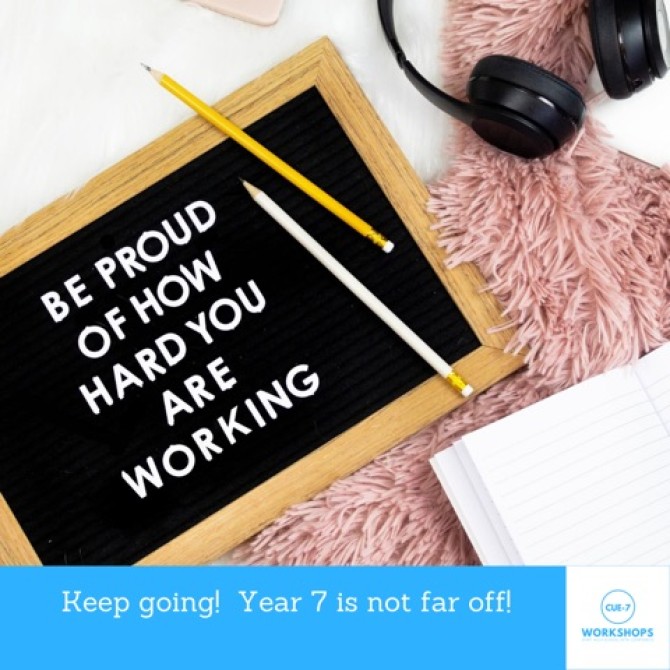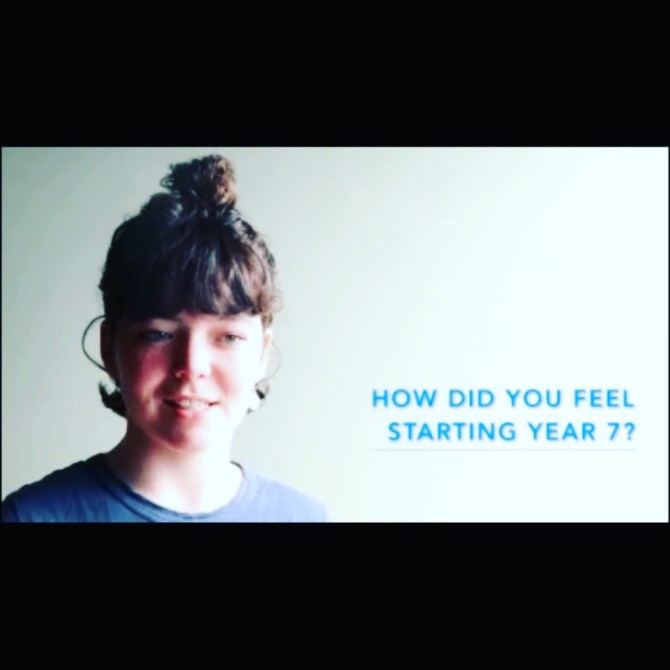The Media love Pinetrees Lodge, Lord Howe
Over the years we have provided the most wonderful experiences for media at Lord Howe island. The 120 year old Pineteees Lodge is a place to relax, unwind and experience the beautiful surroundings of this heritage listed island. It’s a special place and the below pieces of coverage are some of my favourites. Visit all here:

Prevention story read here: https://pinetrees.com.au/media-reviews/review-in-prevention-magazine/

The Weekend Australian : https://pinetrees.com.au/media-reviews/feature-in-the-weekend-australian-magazine/















